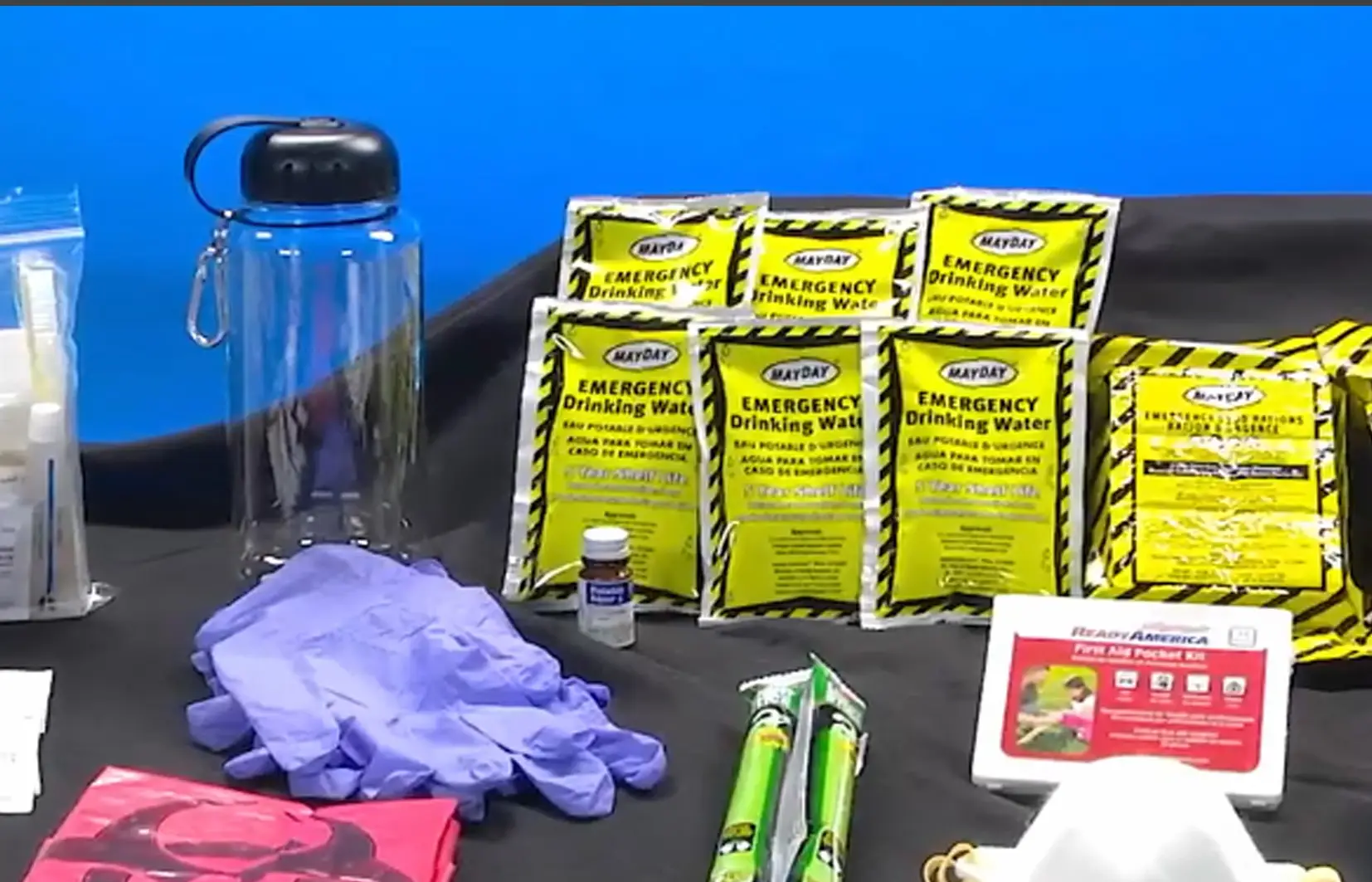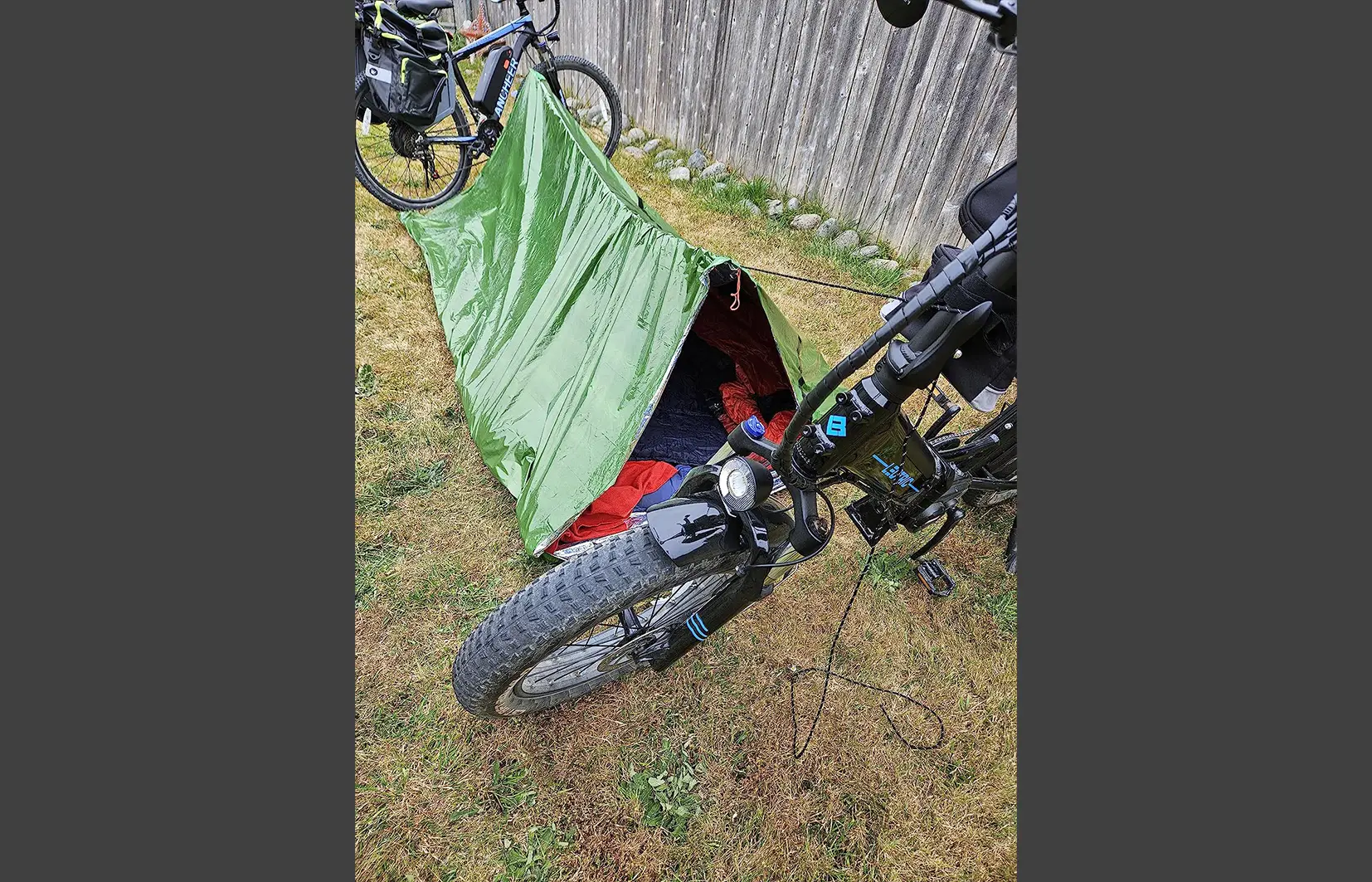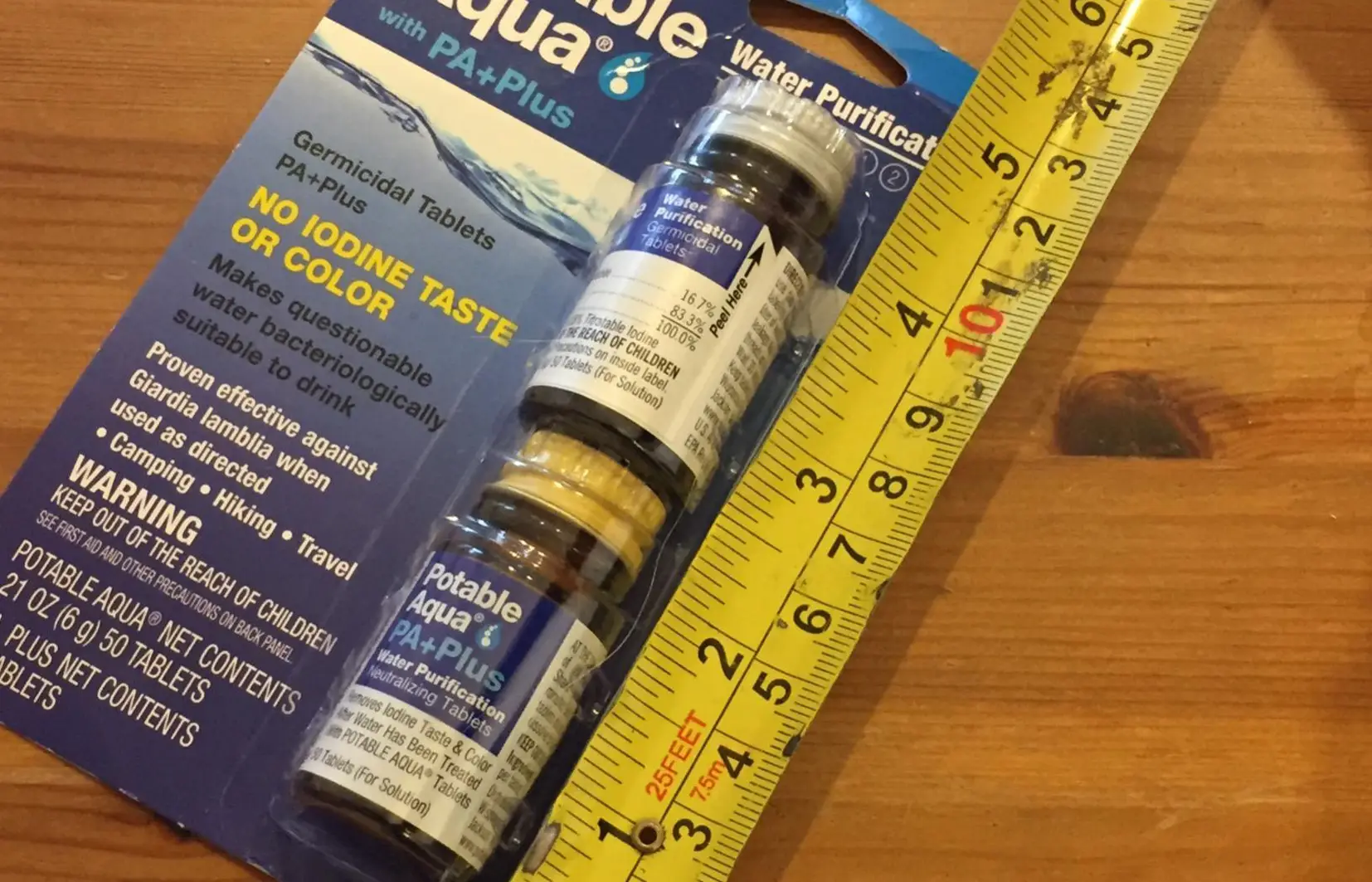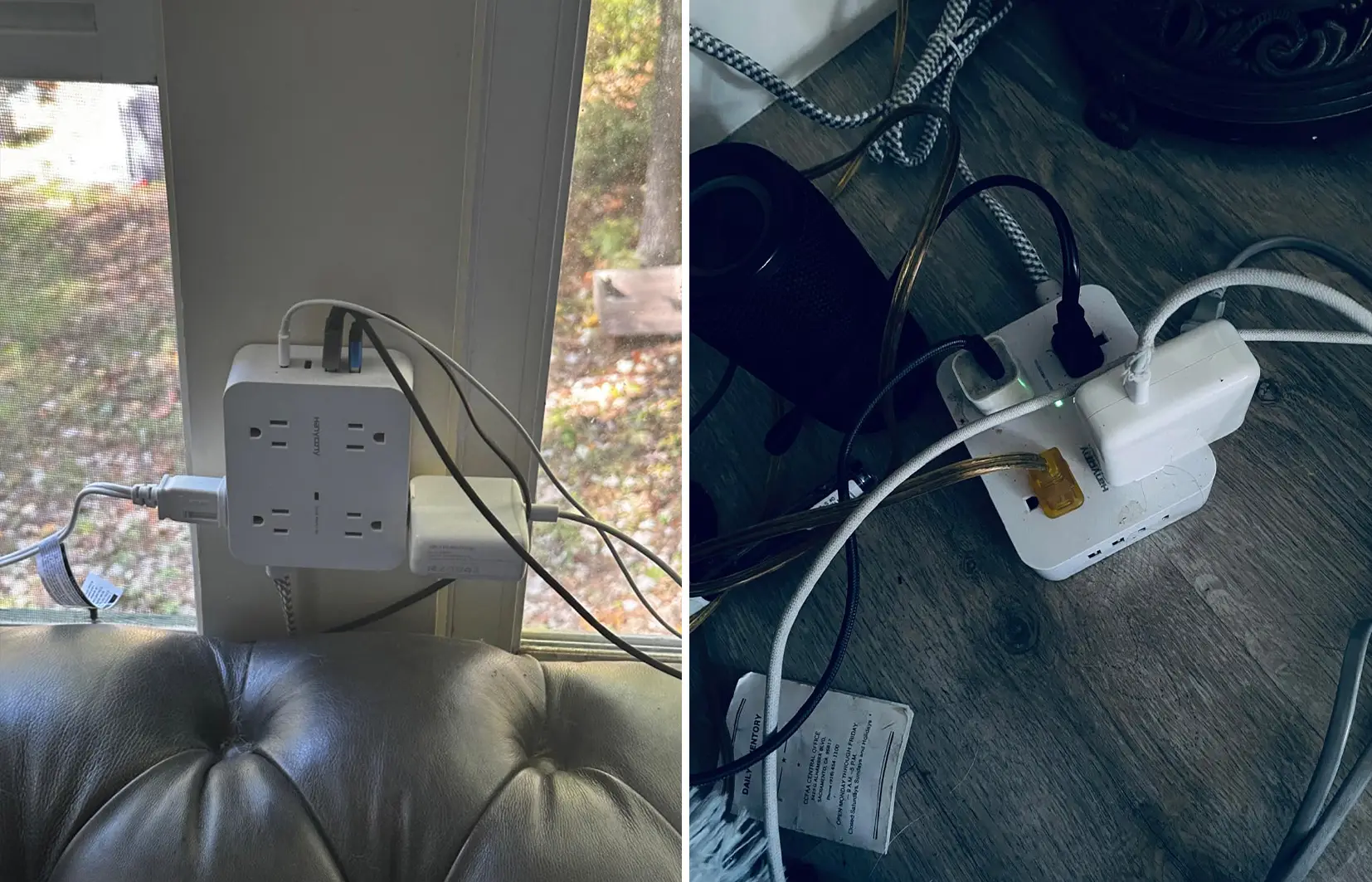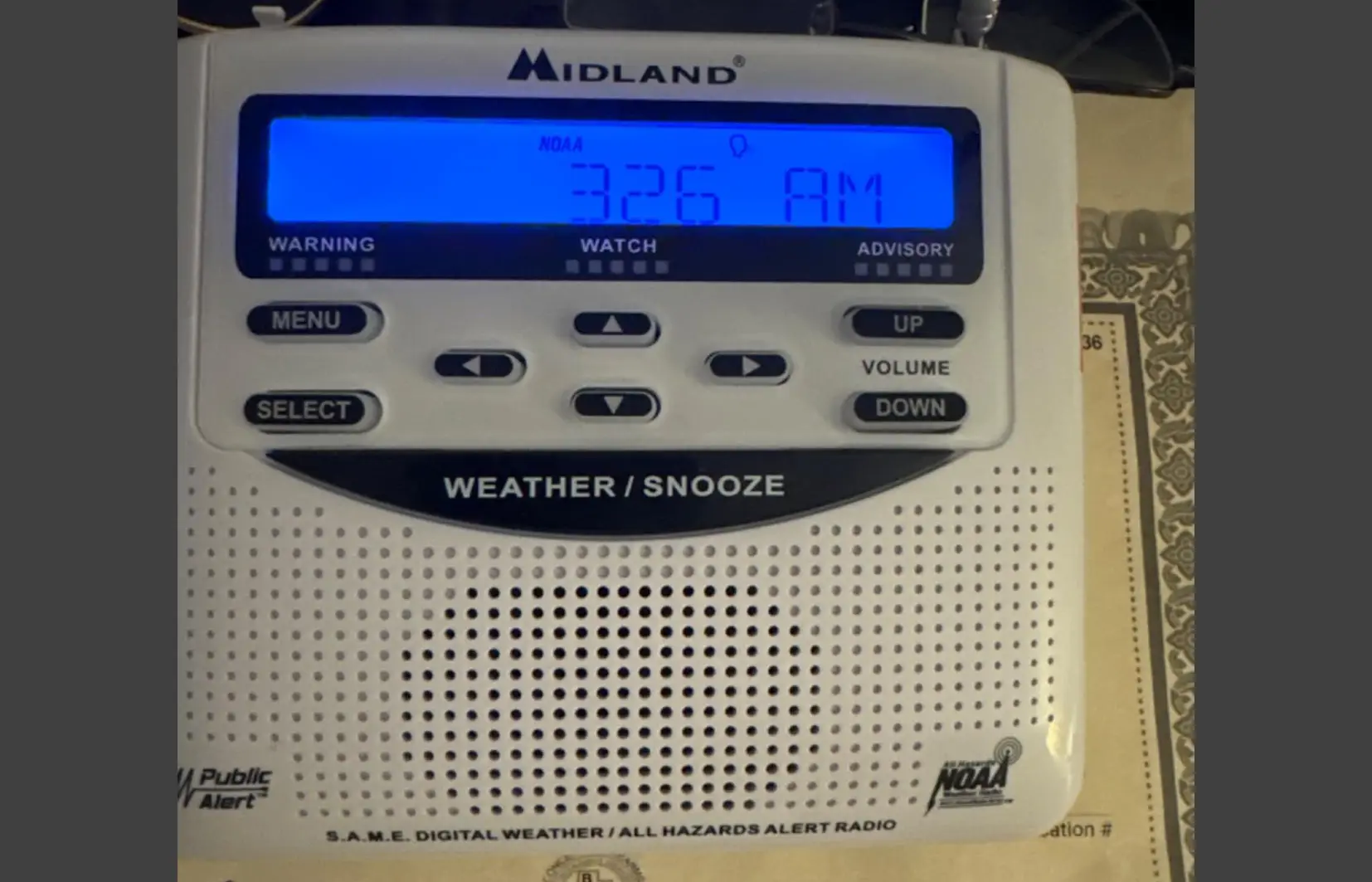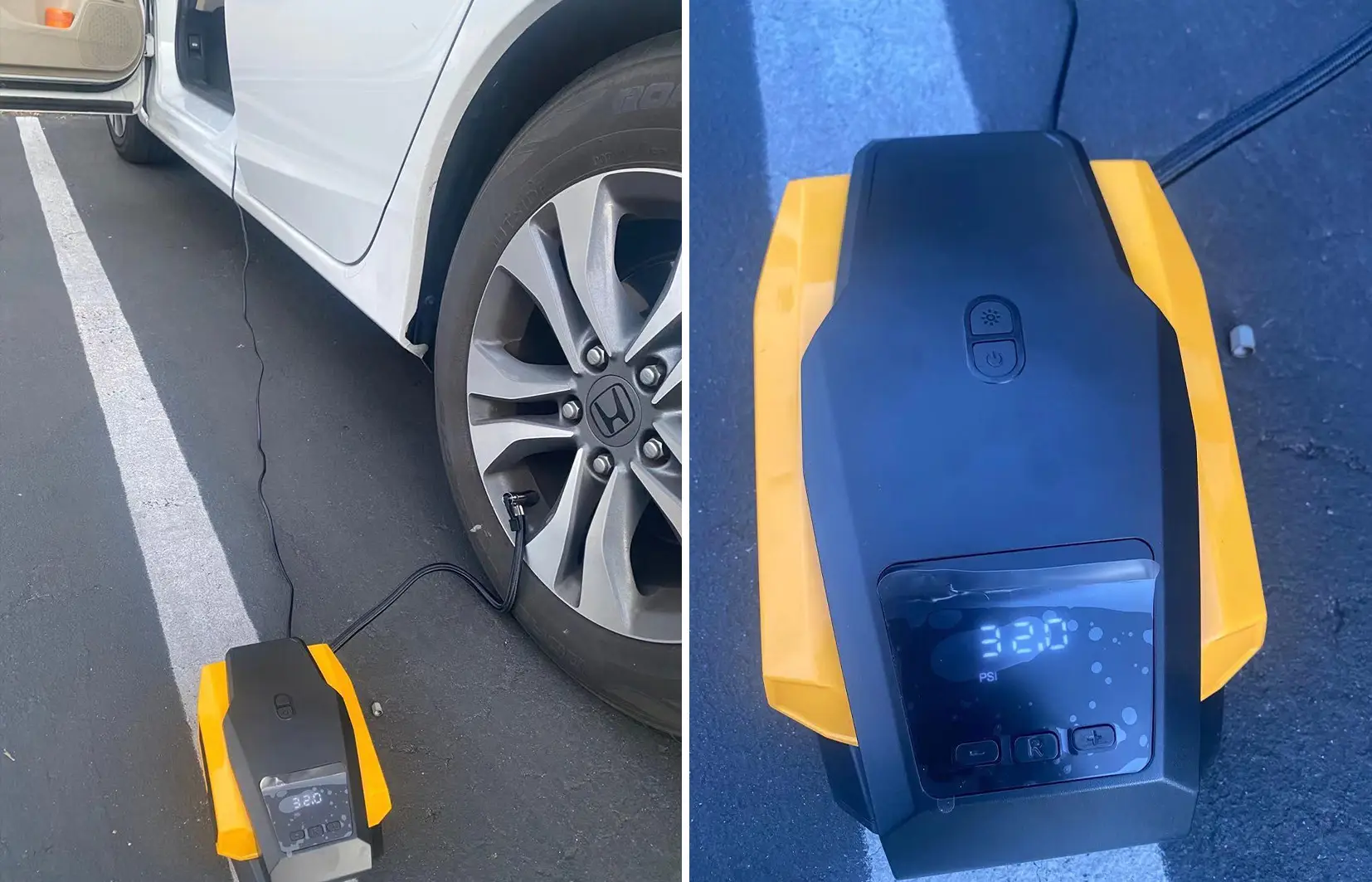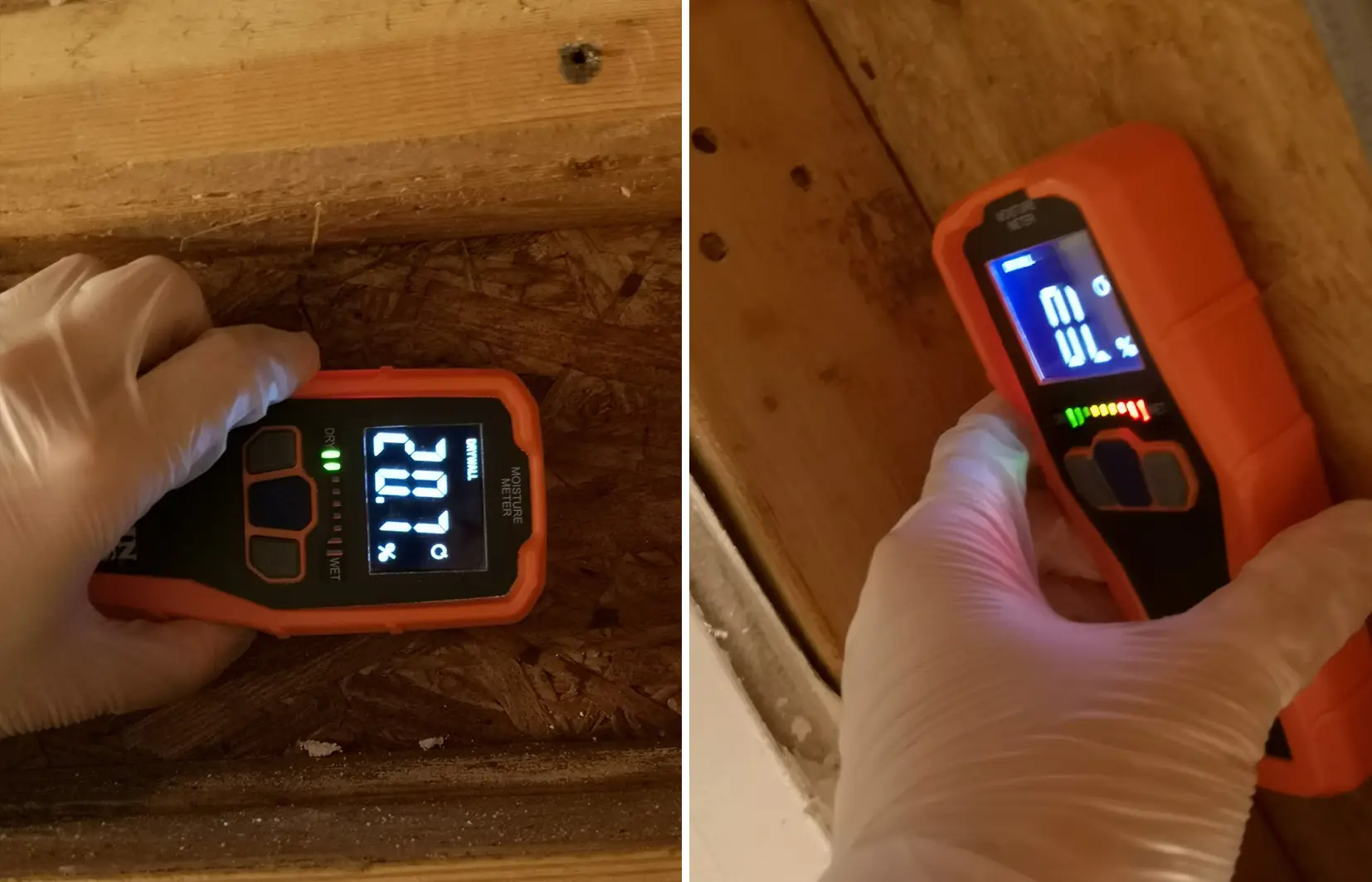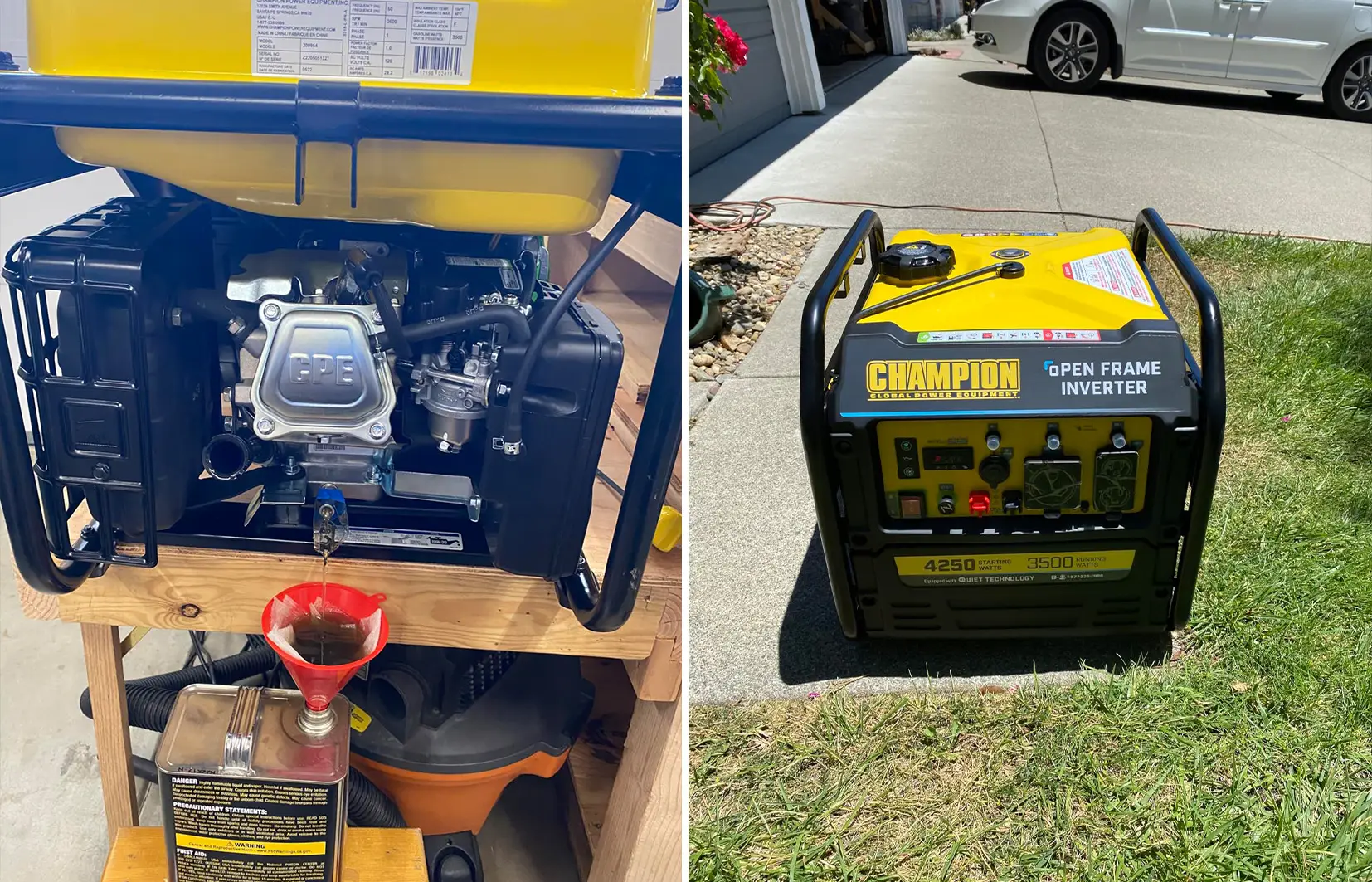Preparing for Extreme Weather: A Guide to Survival and Evacuation
Severe wildfires are a growing concern, especially in areas like the western U.S. In recent years, wildfires have caused devastation, including fatalities and widespread evacuations. Knowing how to act quickly during a fire can save lives, and while we can't control the fire itself, preparation is key.
Be ready with evacuation plans and essential items, and understand how to stay safe during these unpredictable events. Preparedness can make all the difference when disaster strikes.
PHOTO: Amazon
1. Create a Detailed Plan
The worst time to come up with a plan is when a wildfire breaks out. Whether you’re on your own or managing a team, having a solid plan is essential. Discuss evacuation routes and safe zones before fire season hits. Learn from past wildfires, which have separated many families. Be familiar with emergency procedures at construction sites and nearby facilities, so everyone knows what to do if the fire spreads.
Document your emergency plan and ensure everyone has access to it. A written plan ensures clarity, even if communication is lost.
PHOTO: Amazon
2. Identify Safe Locations
In case of a wildfire, knowing where to take shelter is crucial. If your site has a designated safe area, such as a fire-resistant room or basement, that’s the best place to go. Stay away from windows and outer walls, and move to central locations if possible. If wildfires are a significant risk in your area, consider investing in a fireproof shelter or safe room.
Ensure your team is familiar with these locations and conducts regular fire drills. Knowing the safety features can keep everyone calm during an emergency.
Portable Emergency Shelter – A small, easy-to-set-up tent or pop-up shelter for protection during wildfires.
Related Readings: Be Ready for Anything: Cold Weather Survival Guides
PHOTO: Amazon
3. Stock Up on Essentials
When preparing for a wildfire, make sure you have the right supplies:
- Water: At least one gallon per person per day for three days. Wildfires can contaminate local water sources, so bottled water is essential.
- Food: Stock non-perishable items, such as canned goods, for at least three days of supply that don't need refrigeration.
- Flashlights and Batteries: Have flashlights and extra batteries on hand. Crank lanterns are a great backup lighting option during power outages.
Water Purification Tablets – Essential for ensuring safe drinking water during emergencies.
PHOTO: Amazon
4. Prepare for Power Outages
Wildfires can often lead to power outages. Before a fire emergency, unplug appliances to protect them from power surges, and have backup generators ready if necessary. Ensure your vehicle’s gas tank is full for any emergency travel. If power goes out, adjust your refrigerator and freezer settings to keep food cold for longer.
Surge Protector Power Strip – Protect electronics from power surges when power is restored.
PHOTO: Amazon
5. Communicate Effectively
During a wildfire emergency, keeping your team informed is essential. Reach out to family and friends to let them know your status before the fire spreads. Since landlines may be disrupted, use cell phones, satellite phones, or social media for updates. Ensure that everyone on your crew has a way to communicate and knows how to charge their devices, especially if the power goes out.
Portable Battery Charger – Keep cell phones charged to ensure communication during a wildfire.
PHOTO: Amazon
6. Stay Informed
Keep up to date on wildfire warnings and advisories. Understand what each alert signifies and monitor local fire conditions. Use sources such as:
- Local news stations
- NOAA Weather Radio
- Weather apps on mobile devices
Being informed helps you make quick, informed decisions to stay safe during a wildfire.
NOAA Weather Radio – A battery-operated radio that provides real-time weather updates and alerts.
PHOTO: Amazon
7. Follow Evacuation Orders
If authorities issue an evacuation order due to a wildfire, leave immediately. It’s always safer to evacuate than to risk staying behind. Avoid driving through areas with heavy smoke or fire. If you’re driving and get caught by the fire, pull over to a safe area, turn on hazard lights, and listen for emergency updates on the radio.
Emergency Vehicle Kit – Stock essential supplies like flares, first-aid items, and food in your car for fire emergencies.
PHOTO: Amazon
8. Assess Damage After the Fire
Once it's safe to do so, assess your property for damage following a wildfire. Look for signs of structural damage and take photos to document it. Reach out to local emergency management agencies for help, and avoid using water from faucets until it’s deemed safe.
Home Inspection Kit – A variety of tools, like levels and measuring devices, to help you assess damage after a fire emergency.
PHOTO: Amazon
9. Support the Community
Wildfires affect entire communities. Check on your neighbors and offer help where possible. Share resources like food, water, or access to generators if you have one. After the fire, engage in relief efforts by contacting local agencies to see how you can assist.
10. Invest in a Generator
A generator can be a lifesaver during power outages caused by wildfires. Many homes lost power during recent fire events, and a generator could have alleviated that issue. Assess your power needs and consider purchasing a generator that fits your budget.
Ensure it's installed correctly with a transfer switch by a qualified electrician. Always keep your generator outside, and store fuel safely for future use.
Portable Generator – A reliable generator to keep essential appliances running during power outages.
Get Prepared Today
Wildfires can strike at any moment, making it crucial to be proactive. Don’t wait until it’s too late; follow these ten tips to create an effective plan and gather the necessary supplies. Preparation is the key to ensuring safety during wildfire events, turning potential crises into manageable situations.






